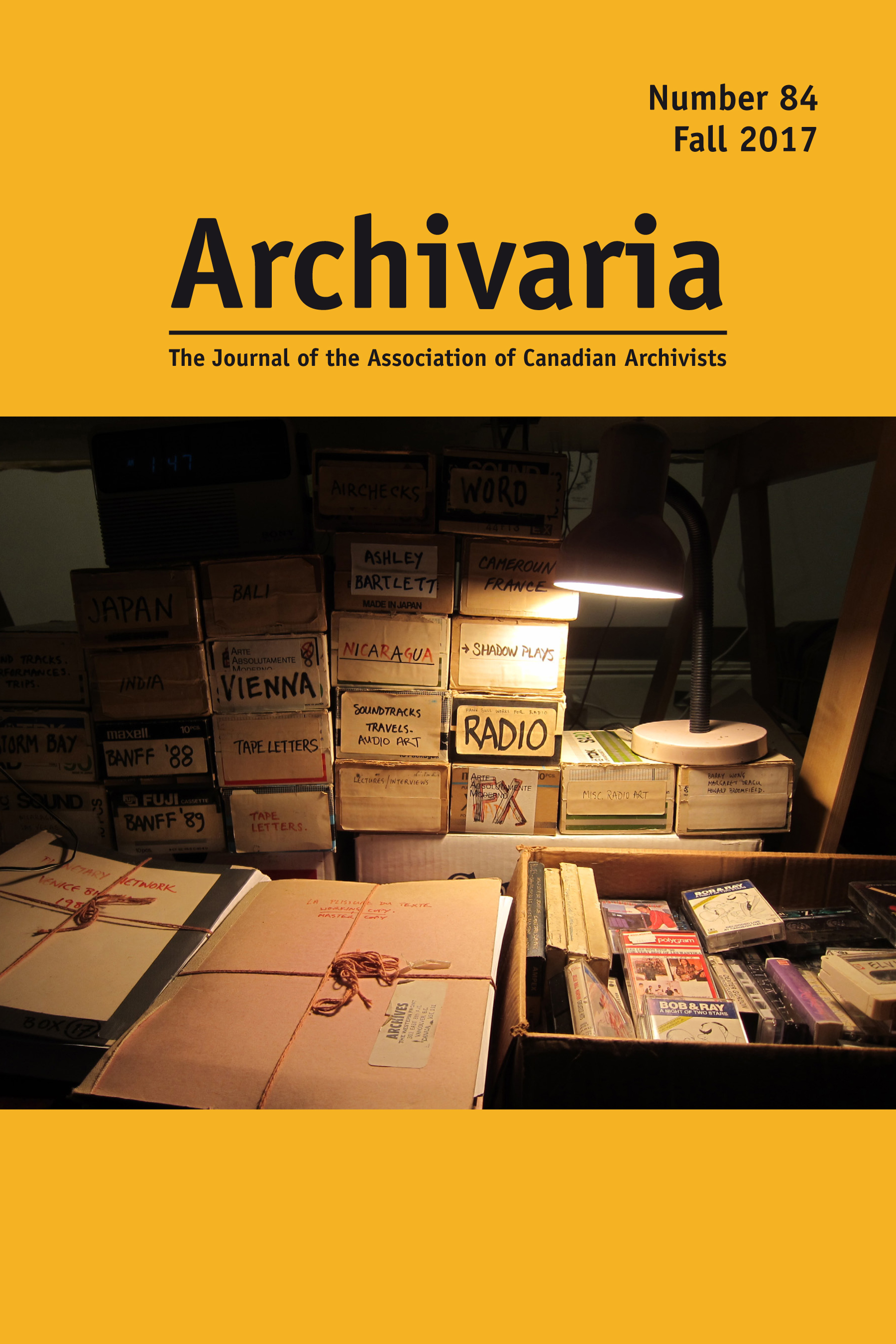Beyond Clicks, Likes, and Downloads: Identifying Meaningful Impacts for Digitized Ethnographic Archives
Abstract
In recent years, libraries, archives, and museums have made great strides in digitizing and providing online access to ethnographic archives. While these efforts have enabled new possibilities for collections management, content delivery, and user interaction, access to ethnographic heritage collections presents unique assessment challenges because of the sensitive nature of their content, the contexts of their creation, and their sometimes small but vital communities of use. Ethnographic archives often retain links to Indigenous source communities, yet stewards of collections lack specialized impact evaluation and assessment frameworks to account for the complex political and cultural issues that access to such items entails. Current models for impact assessment inadequately track the value of access to digitized ethnographic holdings. As users increasingly access digitized ethnographic materials, more systematic methods to assess the outcomes and impacts of digital access to these collections need to be in place to help institutions and repository managers prioritize what holdings to digitize and how to do so ethically. In response, this article draws on a year-long study with large non-Indigenous institutions and their staff to identify and discuss six areas of meaningful impacts – knowledge, professional discourse, attitudes, institutional capacity, policy, and relationships – that can be used to frame and examine the outcomes of digitizing ethnographic archives. We begin by presenting an overview of ethnographic archives and their users and uses. We then identify relevant frameworks, methods, and published studies on impact assessment of digital resources and show how they are inadequate for ethnographic collections. This is followed by a discussion of the methods for our study and each of the six areas of impact, as well as potential indicators for each area. Finally, we present the implications and challenges of these areas of impact for demonstrating the value of digitized archives beyond quantitative metrics of clicks, likes, and downloads.
RÉSUMÉ
Au courant des dernières années, les bibliothèques, les archives et les musées ont fait de grands progrès pour numériser et rendre accessibles en ligne les archives ethnographiques. Alors que ces efforts ont permis de nouvelles possibilités en ce qui concerne la gestion des collections, la livraison du contenu et l’interaction des usagers, l’accès aux collections du patrimoine ethnographique présente des défis d’évaluation uniques étant donné la nature sensible de leur contenu, leurs contextes de création, et leurs parfois petites, mais essentielles, communautés d’utilisation. Les archives ethnographiques entretiennent souvent des liens avec leurs communautés autochtones d’origine, mais les intendants des collections manquent de cadres spécialisés pour mesurer et évaluer l’impact qui permettraient de déterminer les enjeux politiques et culturels complexes qui découlent de l’accès à de tels items. Les modèles existants pour permettre une évaluation de l’impact estiment de façon inadéquate la valeur de l’accès aux collections ethnographiques numérisées. À mesure que les utilisateurs accèdent de plus en plus au matériel ethnographique numérisé, des méthodes plus systématiques pour évaluer les résultats et les impacts de l’accès numérique à ces collections doivent être mises en place afin d’aider les gestionnaires des institutions et des dépôts à prioriser les collections à être numérisées et à déterminer comment le faire de façon éthique. En réponse, cet article se sert d’une étude d’une durée d’un an avec de grandes institutions non-autochtones et leur personnel afin d’identifier et de discuter de six champs d’impact significatifs – le savoir, le discours professionnel, les attitudes, la capacité institutionnelle, les politiques et les rapports humains – qui peuvent servir à contextualiser et à examiner les résultats de la numérisation des archives ethnographiques. Nous débutons en présentant un aperçu des archives ethnographiques, de leurs utilisateurs et de leurs utilisations. Nous identifions ensuite les cadres, méthodes et études publiées pertinents portant sur l’évaluation de l’impact des ressources numériques et nous montrons comment ils sont inadéquats pour les collections ethnographiques. Nous menons alors une discussion sur les méthodes pour notre étude et pour chacun des six champs d’impact, ainsi que des indicateurs potentiels pour chaque champ. Enfin, nous présentons les implications et les défis de ces champs d’impact pour démontrer la valeur des archives numérisées au-delà des mesures quantitatives des clics, des mentions j’aime et des téléchargements.
Authors of manuscripts accepted for publication retain copyright in their work. They are required to sign the Agreement on Authors' Rights and Responsibilities that permits Archivaria to publish and disseminate the work in print and electronically. In the same agreement, authors are required to confirm that "the material submitted for publication in Archivaria, both in its paper and electronic versions, including reproductions of other works (e.g. photographs, maps, etc.) does not infringe upon any existing copyright." Authors of manuscripts accepted for publication retain copyright in their work and are able to publish their articles in institutional repositories or elsewhere as long as the piece is posted after its original appearance on archivaria.ca. Any reproduction within one year following the date of this agreement requires the permission of the General Editor.





